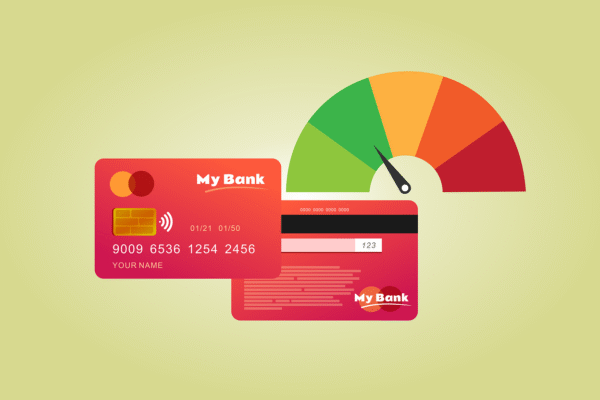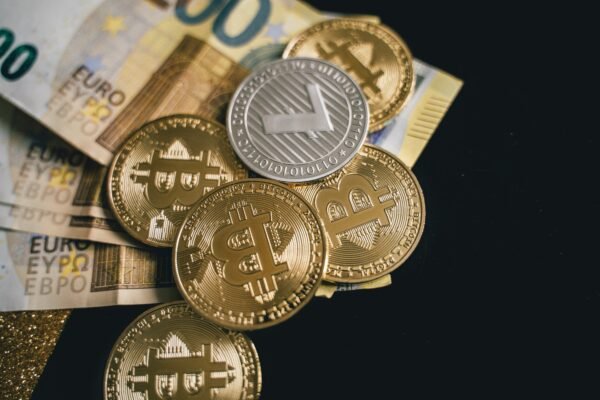
Starting a Business: Practical Advice for Success
Starting your own business can be one of the most rewarding—and risky—journeys you embark on. It requires vision, discipline, and a strong foundation. Many entrepreneurs jump in full of passion but overlook the basics that could keep their business afloat long-term. Whether you’re launching a consulting firm, a web design agency, or a product-based startup,…











